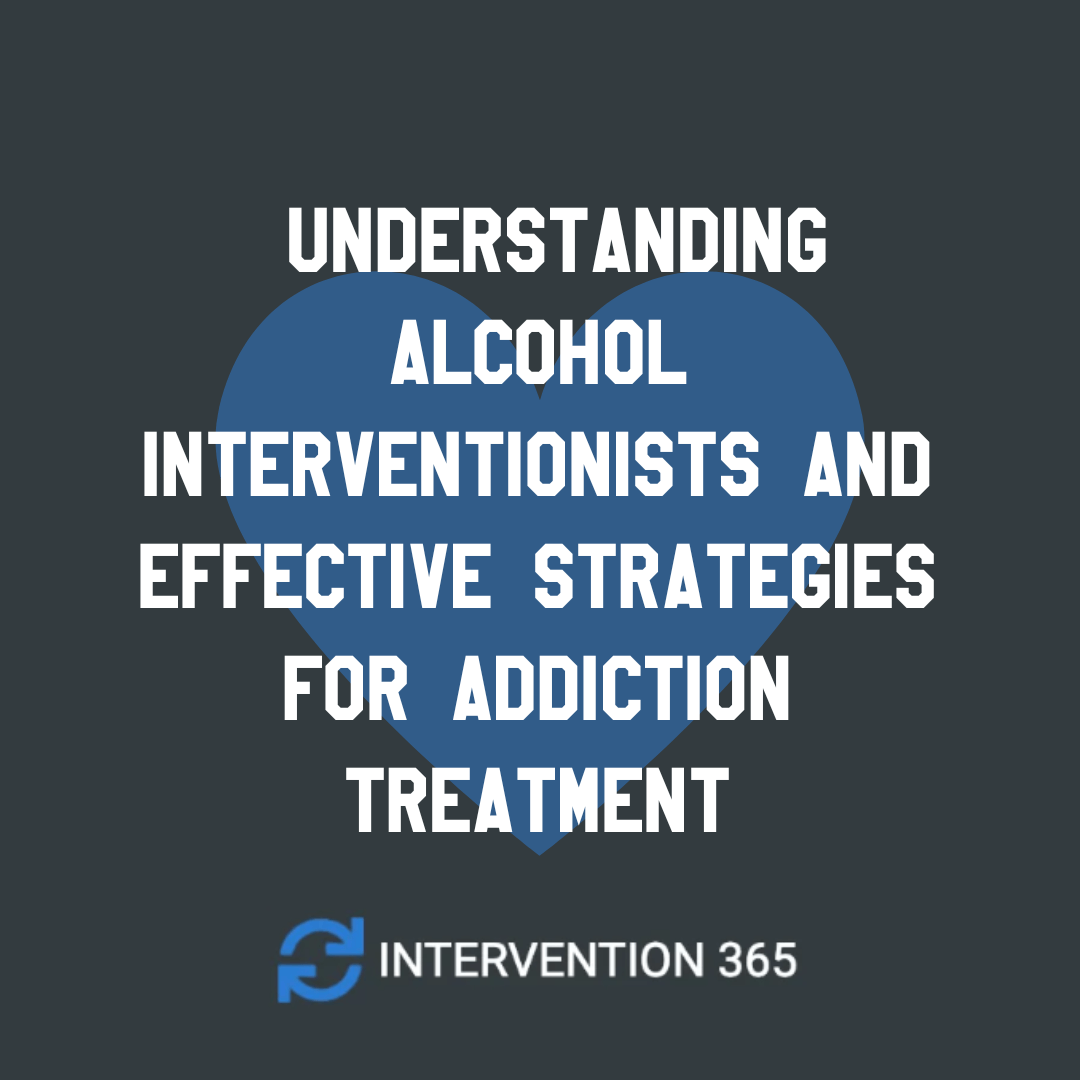Understanding Alcohol Interventionists and Effective Strategies for Addiction Treatment

Interventionist for Alcohol
In a world where substance abuse and addiction are prevalent issues, the role of an alcohol interventionist has become increasingly crucial. Alcohol interventionists are professionals dedicated to helping individuals struggling with alcohol addiction to find their way to recovery. This blog aims to provide comprehensive information about alcohol interventionists, their role, effective treatment methods, and the importance of seeking professional help.
The Role of an Alcohol Interventionist
Alcohol interventionists are trained specialists who facilitate interventions for individuals with alcohol addiction. An intervention is a structured conversation between the person struggling with addiction and their loved ones, overseen by the interventionist. The goal is to encourage the person to recognize the severity of their addiction and seek treatment. Interventionists play a vital role in:
- Planning and Preparation: Interventionists work with families and friends to plan the intervention, ensuring that the right people are involved and that the process is carried out with sensitivity and care.
- Guidance and Mediation: During the intervention, the alcohol interventionist guides the conversation, maintaining a supportive and non-confrontational atmosphere. They prevent the discussion from turning into a blame game and facilitate effective communication.
- Providing Resources: Alcohol interventionists are knowledgeable about various treatment options and can offer information on rehab centers, therapy programs, and support groups.
Understanding Alcohol Addiction
Before delving into the treatment methods, it's crucial to understand the nature of alcohol addiction. Alcohol is a widely abused substance that can lead to physical and psychological dependence. According to the National Institute on Alcohol Abuse and Alcoholism (NIAAA), approximately 14.4 million adults in the United States had an Alcohol Use Disorder (AUD) in 2019.
Effective Treatment Methods
- Medical Detoxification: For severe alcohol addiction, medical detoxification might be necessary. This process involves supervised withdrawal in a controlled environment to manage withdrawal symptoms and complications.
- Inpatient Rehabilitation: Inpatient rehab programs provide intensive, round-the-clock care. Patients receive counseling, therapy, and support to address the underlying causes of addiction.
- Outpatient Rehabilitation: Outpatient programs are suitable for those with milder addiction or after completing inpatient treatment. Patients attend therapy and counseling sessions while maintaining their daily routines.
- Behavioral Therapies: Cognitive-Behavioral Therapy (CBT), Motivational Interviewing (MI), and Contingency Management (CM) are evidence-based therapies that help individuals modify their behavior and develop coping strategies.
- Support Groups: Alcoholics Anonymous (AA) and similar support groups offer a sense of community and accountability. They provide a platform for individuals to share their experiences and receive encouragement.
- Aftercare and Relapse Prevention: Recovery is an ongoing process. After completing a formal treatment program, individuals can benefit from aftercare services and relapse prevention strategies.
Seeking Professional Help
It's important to emphasize that overcoming alcohol addiction often requires professional help. According to the Substance Abuse and Mental Health Services Administration (SAMHSA), in 2019, only 7.9% of individuals aged 12 and older who needed substance abuse treatment received it.
Conclusion
Alcohol interventionists play a vital role in guiding individuals toward a path of recovery from alcohol addiction. With their expertise, interventions can be effective in motivating individuals to seek the help they need. Alcohol addiction is a complex issue, but with the right treatment methods and a strong support system, recovery is possible. If you or someone you know is struggling with alcohol addiction, don't hesitate to reach out to a professional alcohol interventionist in Pennsylvania and embark on the journey to a healthier, happier life.
Sources:
- National Institute on Alcohol Abuse and Alcoholism (NIAAA)
- Substance Abuse and Mental Health Services Administration (SAMHSA)

